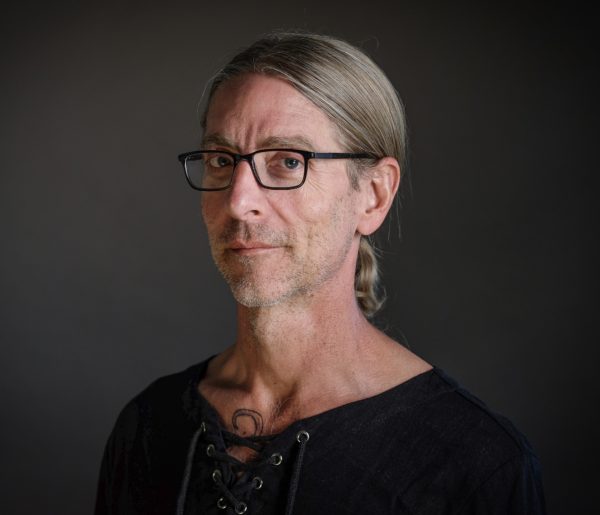My short story “The Last Bus Stop” is about a conversation on a bus between two people who had been strangers. One of them is a young commuter; the other, an elderly man dying of an incurable disease.
The discussion focuses on how we can prepare ourselves for the inevitable bad stuff that happens, and the following exchange takes place.
“Not very fair,” I said.
“Nope.” He said it flatly, as if it were some random fact, not the summation of his experience of being terminal. “But I guess nothing really is, right? That’s how I see it. I don’t know why people even invented the word fair. It’s meaningless. We give, we get, we get stolen from, we fall in love, we get betrayed, we live, finally we die. No fair anywhere. Some good stuff, some bad stuff, and it’s all doled out randomly, far as I can tell.”
I shrugged. “There’s a guy wrote a book called Why Bad Things Happen To Good People.”
“Must be the world’s shortest book.” He chuckled. “Page one: ‘Beats the hell outta me. The End.’”
I thought about that conversation when I was pondering the topic of When Bad Things Happen To Nice Characters. Because, of course, they do sometimes. Stephen King famously said that the trick to writing a good story is to get the reader to love the characters, then release the monsters. But if there’s no sense to it all—if there’s no feeling that when the Bad Things happen, there’s still an overarching purpose—then we don’t have much incentive to stay invested in the story.
One of the best examples of this I can think of is the death of King Théoden in Lord of the Rings. It hits us so hard because there’s this sense that he’d come so far, accomplished so much, only to be struck down by the King of the Nazgûl. But because he had overcome so much, and brought the Rohirrim to the aid of Gondor (and given Eowyn the opportunity to skewer the King of the Nazgûl right between the eyeballs after uttering the most badass line in the entire series), we’re convinced that his death, as tragic as it is, was somehow fitting.
This has been on my mind lately because I’m in the middle of writing the third book of a post-apocalyptic trilogy wherein there are several really nice characters who have bad things happen to them. I’m always torn when writing this sort of thing. Part of me wants to see the Good Guys—all of the Good Guys—have a Happily-Ever-After. But that’s not the way life works, sometimes, and our books need to reflect that. To use another example from Lord of the Rings, at the end, Frodo leaves Middle Earth, telling his beloved Sam, “Yes, the Shire was saved. But not for me.”
And even if we cry over them—which I certainly did, both when Théoden died, and when Frodo took the White Ships and left forever—we understand that the underlying message is still that it was all worthwhile.
My name is Gordon Bonnet, and that’s the crypto-theme of all of my fiction—whether magical realism, historical, or post-apocalyptic—ordinary people trying to find meaning in this strange, wonderful, baffling, chaotic universe. You can check out my books at http://gordonbonnet.com !


